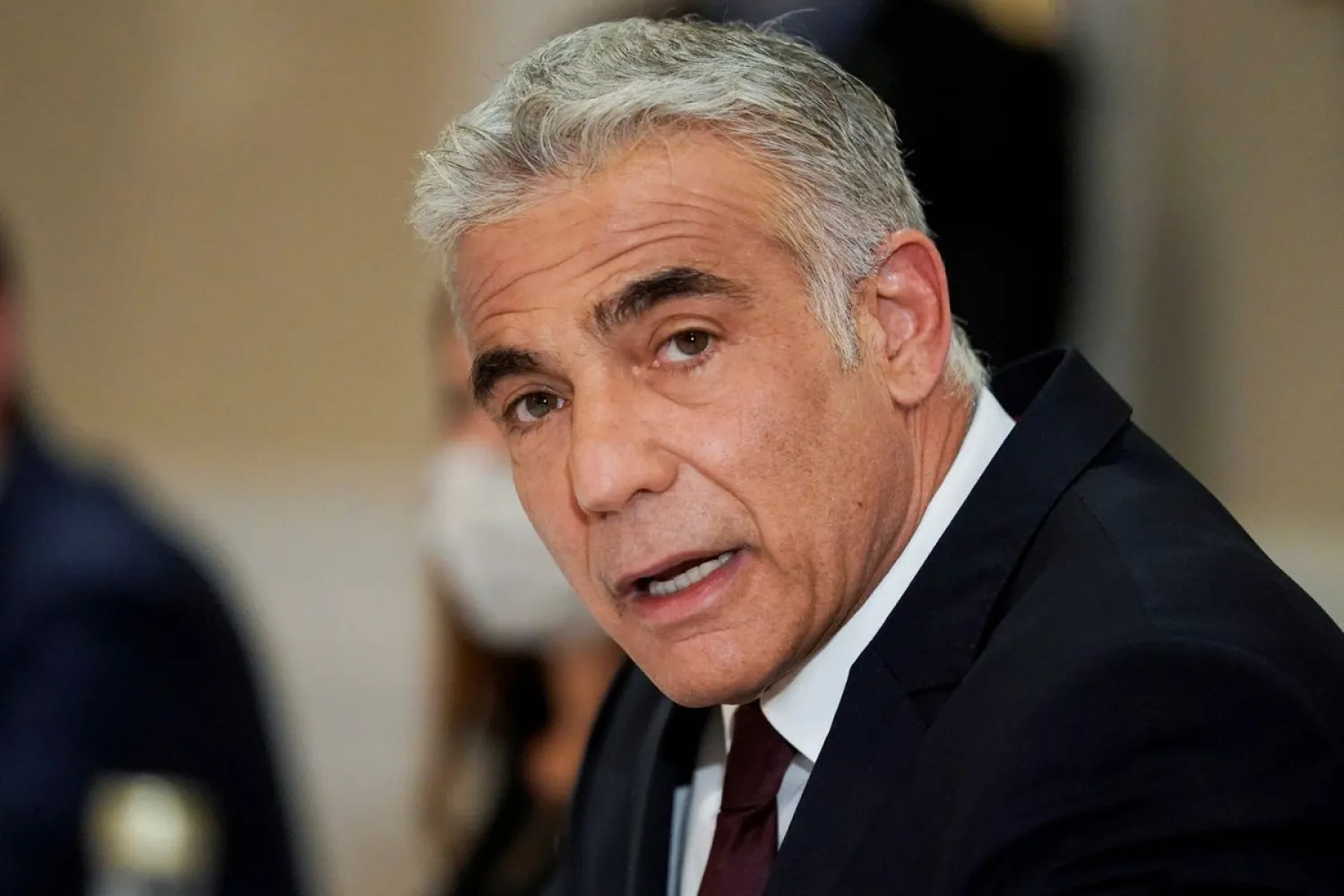Israel’s foreign minister kicked off the highest-level visit by an Israeli official to the United Arab Emirates on Tuesday, nine months after the two countries established relations in a deal brokered by the United States.
Foreign Minister Yair Lapid met the UAE’s foreign minister in Abu Dhabi and inaugurated Israel’s first embassy in the Gulf.
In recent months, the two countries have rapidly expanded bilateral trade and signed investment deals, including in gas, technology and other sectors. More than 200,000 Israeli tourists have traveled to the UAE, the Israeli Foreign Ministry has said. Many of those visits have been to Dubai, which is open to tourists.
Lapid’s visit, however, comes just weeks after a new government in Israel was formed in a power-sharing deal that named the ideologically hawkish, right-wing Naftali Bennett as Israel’s prime minister.
His visit also comes less than six weeks after emotions ran high across the Middle East amid Israel’s 11-day war in the Gaza Strip that killed 254 Palestinians, including dozens of children. In Israel, 13 people died as a result of the conflict.
Lapid told diplomats gathered at the official opening of the Israeli Embassy in Abu Dhabi that the moment represented “the right to determine our fate by ourselves.” Israel, he said, isn’t going anywhere.
“The Middle East is our home. We’re here to stay. We call on all the countries of the region to recognize that. And to come talk to us,” he said, according to the speech released by Israel’s Foreign Ministry.
The Gaza war and tensions in Jerusalem, however, have interrupted US-backed diplomatic efforts to encourage more Arab states to sign normalization deals with Israel.
US Secretary of State Antony Blinken described Lapid’s visit as “significant for Israel, the UAE, and the broader region.” In a statement, he said the US will work with Israel and the UAE to strengthen the partnership.
The Trump administration brokered the so-called "Abraham Accords" agreement that established ties between the UAE and Israel. It was hailed at the time by Israeli Prime Minister Benjamin Netanyahu and President Donald Trump as among their greatest achievements.
Lapid’s visit to the UAE was one that Netanyahu had hoped to make himself before his 12-year-run at the helm ended earlier this month. He had repeatedly tried to score a lightning trip to Abu Dhabi to boost his re-election campaign.
In acknowledgement of Netanyahu, Lapid told diplomats gathered at the Israeli Embassy that the former prime minister is “the architect of the Abraham Accords” and that “this moment is his, no less than it is ours.”
On Wednesday, Lapid will inaugurate Israel’s consulate in Dubai and visit the site of the World Fair’s Expo in Dubai, which will open in October. Lapid is also due to meet with members of the expatriate Jewish community residing in Dubai.
The UAE’s move to formalize ties with Israel marked the first time in over two decades that an Arab state had normalized relations with Israel. It paved the path for a similar announcement by Bahrain, and later by Sudan and Morocco in rapid succession.









